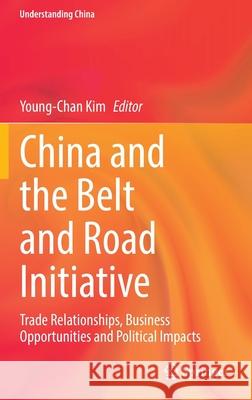China and the Belt and Road Initiative: Trade Relationships, Business Opportunities and Political Impacts » książka
topmenu
China and the Belt and Road Initiative: Trade Relationships, Business Opportunities and Political Impacts
ISBN-13: 9783030861216 / Angielski / Twarda / 2021
China and the Belt and Road Initiative: Trade Relationships, Business Opportunities and Political Impacts
ISBN-13: 9783030861216 / Angielski / Twarda / 2021
cena 605,23
(netto: 576,41 VAT: 5%)
Najniższa cena z 30 dni: 578,30
(netto: 576,41 VAT: 5%)
Najniższa cena z 30 dni: 578,30
Termin realizacji zamówienia:
ok. 22 dni roboczych
Bez gwarancji dostawy przed świętami
ok. 22 dni roboczych
Bez gwarancji dostawy przed świętami
Darmowa dostawa!
Kategorie:
Kategorie BISAC:
Wydawca:
Springer
Seria wydawnicza:
Język:
Angielski
ISBN-13:
9783030861216
Rok wydania:
2021
Wydanie:
2022
Numer serii:
000467126
Oprawa:
Twarda
Wolumenów:
01
Dodatkowe informacje:
Wydanie ilustrowane











